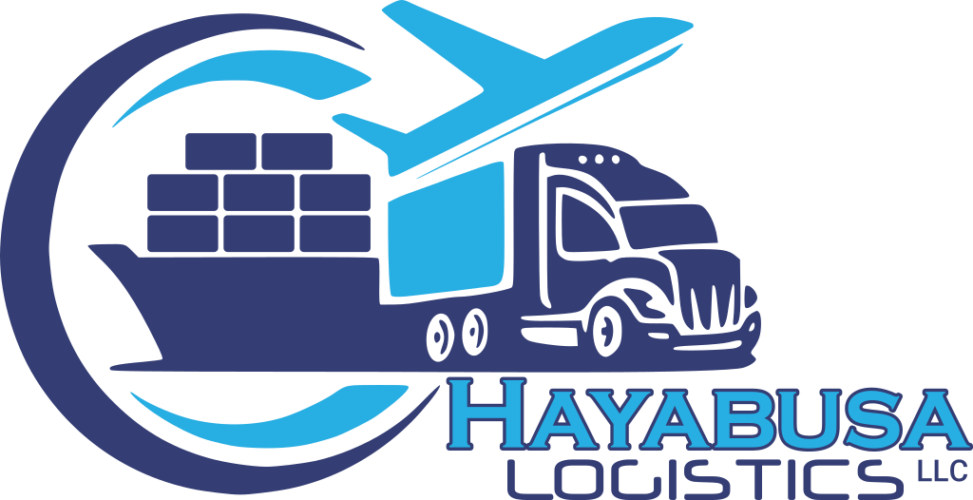Understanding Dubai Customs Regulations for Smooth Clearance Process
Dubai, a global trade hub, offers immense opportunities for businesses looking to import and export goods. However, navigating Dubai customs clearance procedures can seem daunting for newcomers. Understanding the regulations is crucial to ensure a smooth and efficient process, avoiding delays and unnecessary costs. This blog serves as your guide to understanding Dubai customs regulations and achieving a seamless clearance experience.
Who Needs to Clear Dubai Customs?
Anyone importing or exporting goods through Dubai must comply with customs regulations. This includes businesses, individuals bringing in personal belongings, and even those transiting through the emirate with goods.
To Know More: Air Freight Services
Key Regulations to Know
- Duty: Most imported goods are subject to customs duty, a tax levied based on the type and value of the goods. The specific duty rate varies depending on the Harmonized System (HS) code assigned to the product. You can find the HS code for your goods on the customs clearance Dubai website.
- Prohibited and Restricted Goods: Certain items are strictly prohibited from entering or leaving Dubai. These include narcotics, weapons, pork products, and certain types of plants and animals. Restricted goods may require additional permits or licenses for clearance. A comprehensive list of prohibited and restricted goods is available on the Dubai Customs website.
- Value Thresholds: Passengers are generally exempt from customs duty for personal belongings with a total value below AED 3,000. However, exceeding this limit requires declaring the goods and potentially paying duty. Cash or financial instruments exceeding AED 60,000 must also be declared upon arrival or departure.
- Documentation: Proper documentation is essential for a smooth customs clearance process. This typically includes a commercial invoice, packing list, bill of lading, certificate of origin, and any required permits or licenses.
The Dubai Customs Clearance Procedure
Here are the steps for Dubai’s customs clearance procedure:
- Classification: Determine the HS code for your goods to identify the applicable duty rate.
- Documentation Preparation: Ensure you have all the necessary documents in order.
- Declaration Submission: Electronically submit a detailed customs declaration through the Dubai Customs eServices portal. This can be done directly or by a licensed clearance company in Dubai.
- Payment of Duty (if applicable): Pay any applicable customs duty and other related charges.
- Physical Inspection: Customs authorities may select your shipment for a physical inspection.
- Clearance: Upon successful completion of all steps, your goods will be released for import or export.
To Know More: Ocean Freight Services
Tips for a Smooth Clearance Process
- Plan Ahead: Understand the regulations and requirements well in advance of your shipment.
- Prepare Accurate Documentation: Ensure all documents are complete, accurate, and in Arabic or English.
- Consider Using a Clearance Company: A reputable clearance company in Dubai can navigate the complexities of the process, saving you time and resources.
- Stay Updated: Customs regulations are subject to change. Regularly check the Dubai Customs website for the latest updates.
Let’s Sum Up
Understanding customs clearance Dubai regulations and following these tips can significantly enhance your chances of a smooth and efficient customs clearance process. Remember, a little preparation goes a long way in ensuring your goods reach their destination swiftly and without hassle.
Navigating Dubai customs can be complex. Ensure a smooth clearance process for your imports and exports with Hayabusa Logistics. Our customs experts handle the complexities, leaving you free to focus on your business. We offer expertise in documentation, duty calculations, and liaising with authorities – all to streamline your Dubai customs clearance.

